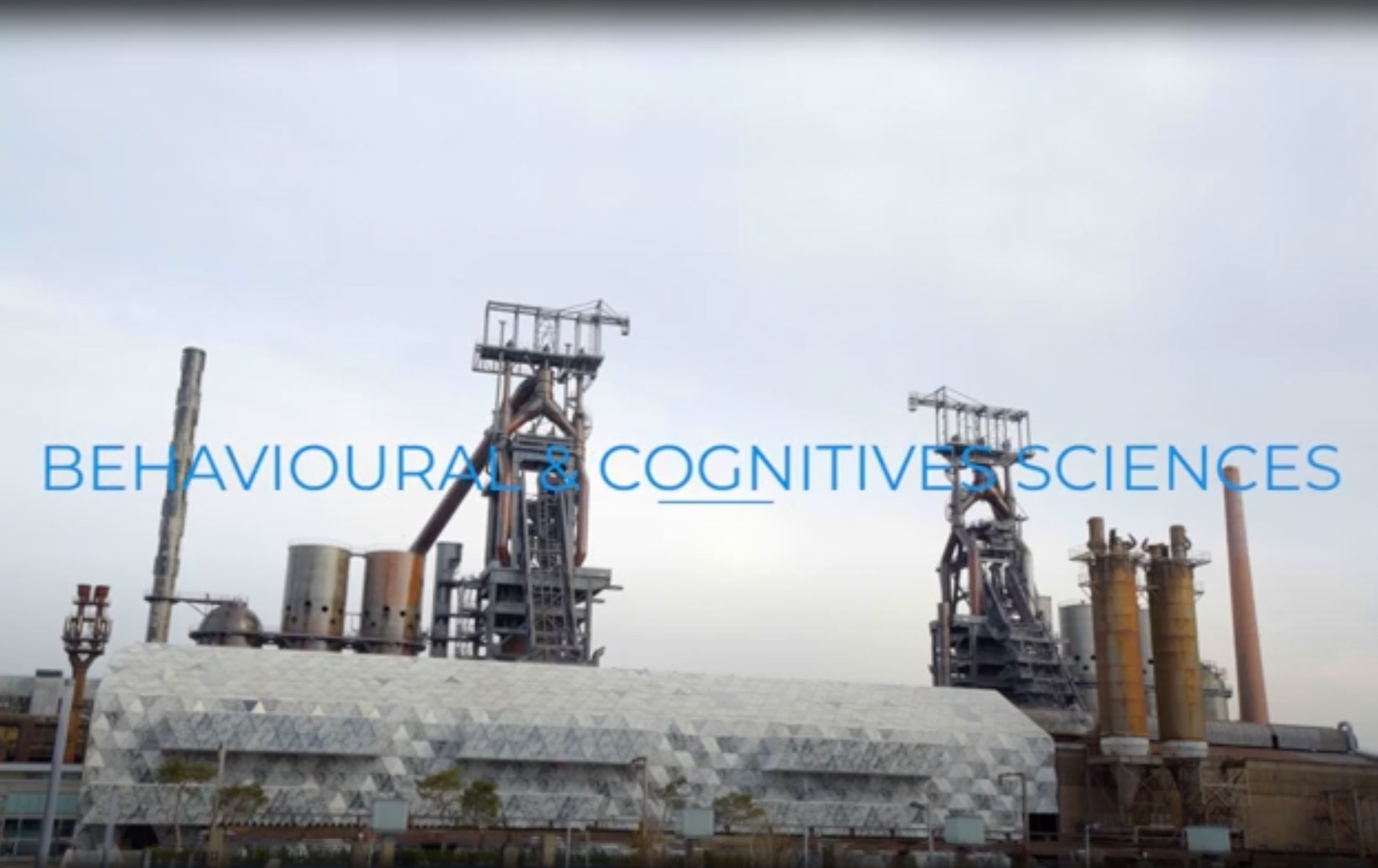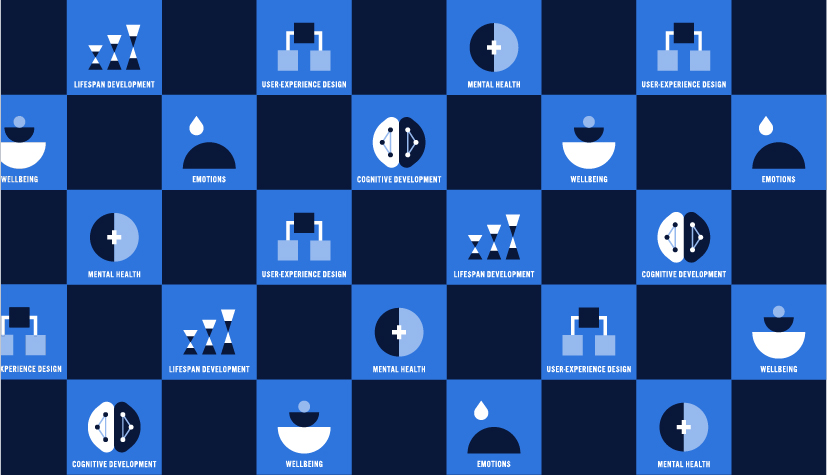A glimpse into our research

3 Institutes and 11 laboratories
Research in the Department of Behavioural and Cognitive Sciences covers a wide spectrum, ranging from biopsychology, neurocognition and behaviour, the economics of health and well-being, to clinical and health psychology, educational, social and media psychology, and developmental and cultural psychology. We also focus on psychological methodology, psychometrics, assessment and user-experience.
Behavioural and Cognitive Sciences in numbers
-
XXStaff members
-
4Study Programmes
-
11labs in laboratory network
News
-

Of loneliness: how research uncovers facts and legends
ResearchPsychology, Neurosciences & Behavioural EconomicsLearn more -

FNR CORE project 2019 | End of project press release
ResearchPsychology, Neurosciences & Behavioural EconomicsLearn more
